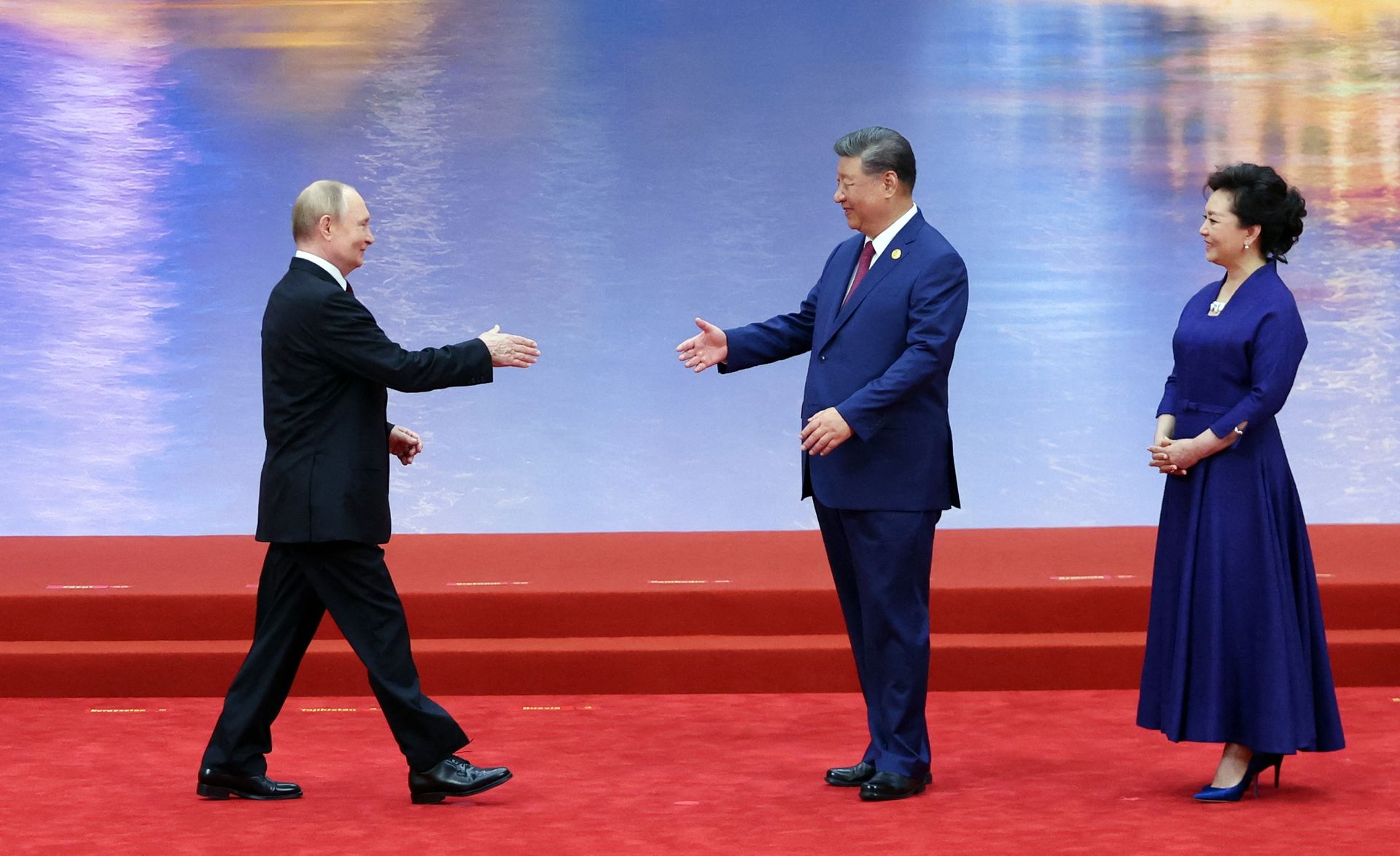Kim Jong Un travels to China to join Xi, Putin at WWII anniversary events

North Korean leader Kim Jong Un crossed into China by special train early on Sept. 2 to attend Beijing’s commemoration of Japan’s surrender in World War Two, state media in Pyongyang reported.
North Korea's state-owned newspaper Rodong Sinmun said Kim departed Pyongyang on Sept. 1 and arrived in China the following morning.
Kim’s visit marks one of his rare trips abroad and the largest multilateral diplomatic gathering he has attended. Kim is expected to take part in a military parade in Beijing on Sept. 3, where he will join Chinese President Xi Jinping, Russian President Vladimir Putin, and Iranian President Masoud Pezeshkian.
Photographs published by North Korean media showed Kim with senior officials, including Foreign Minister Choe Son Hui, inside his dark green armored train, according to Reuters. The train resembled the bulletproof model he has previously used for foreign visits.
Other officials photographed with Kim, included Kim Tok Hun, a Workers' Party secretary and former premier who rose from factory manager to the top leadership and now chairs the parliament’s budget committee; and Jo Yong Won, director of the party’s Organization and Guidance Department since 2022, who oversees personnel and policy implementation and traveled with Kim to Vietnam for his 2019 summit with U.S. President Donald Trump.
Before crossing the border, Kim inspected a missile research facility developing carbon fibre composite materials for intercontinental ballistic missile engines, according to KCNA. "Maximum propulsion of the new solid-type engine using carbon fibre composites is 1,960 kN, planned to be used in the intercontinental ballistic missile ‘Hwasong-19’ series and the next-generation ... ‘Hwasong-20’," KCNA reported.
North Korea also voiced support for Xi’s recent call for fairer global governance, saying bilateral cooperation with Beijing would deepen to pursue that goal. During a summit on Sept. 1, Xi promoted his vision of a new global security and economic order centered on the "Global South," directly challenging U.S. influence. The Shanghai Cooperation Organization (SCO), the largest in the bloc’s history, has drawn over 20 leaders.











